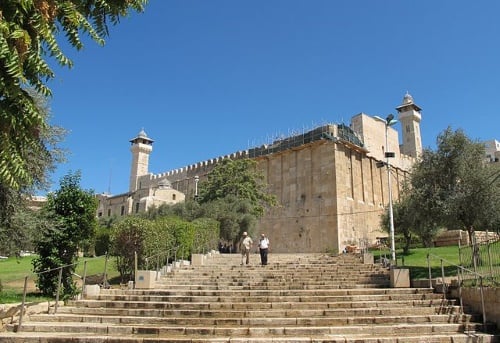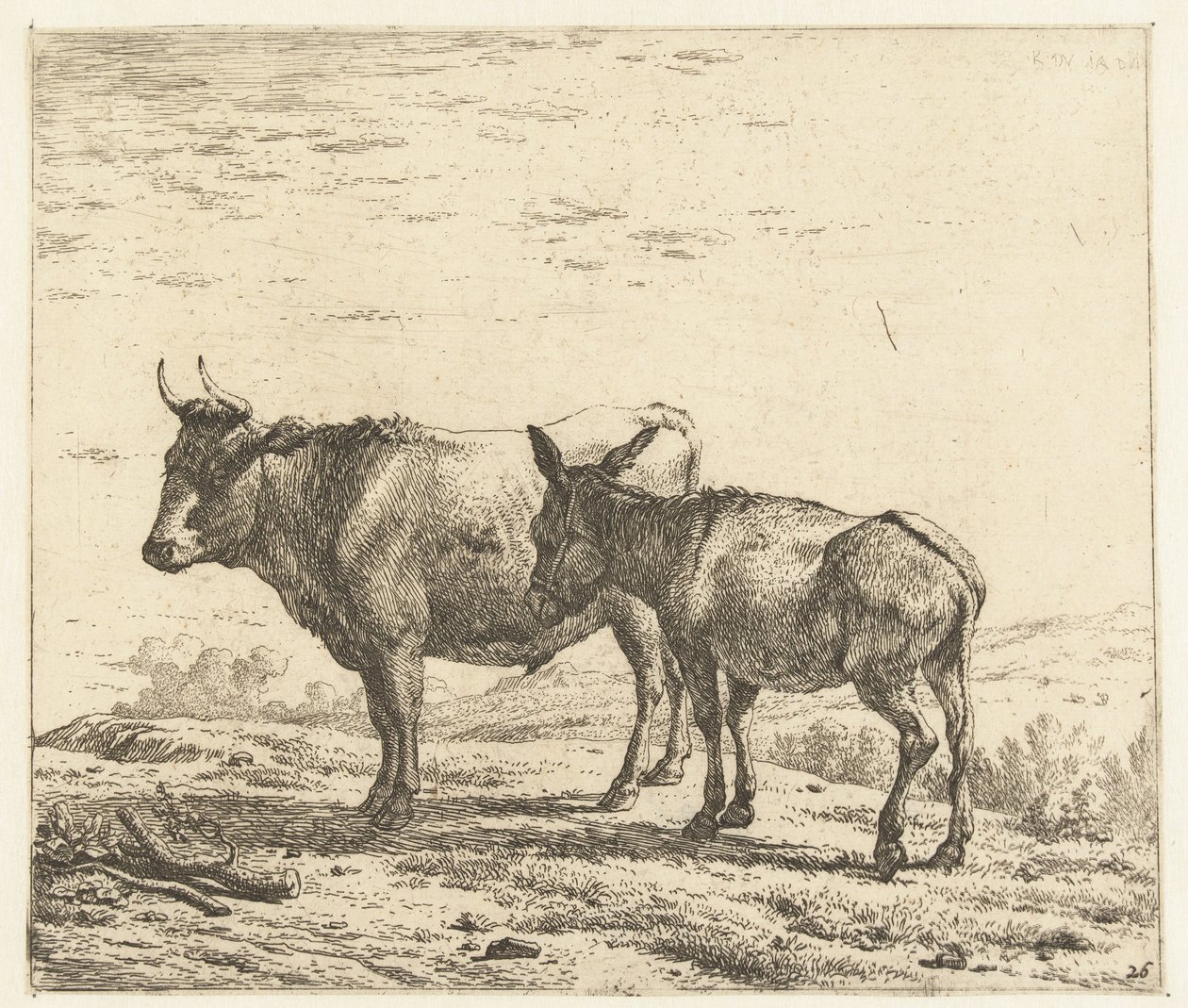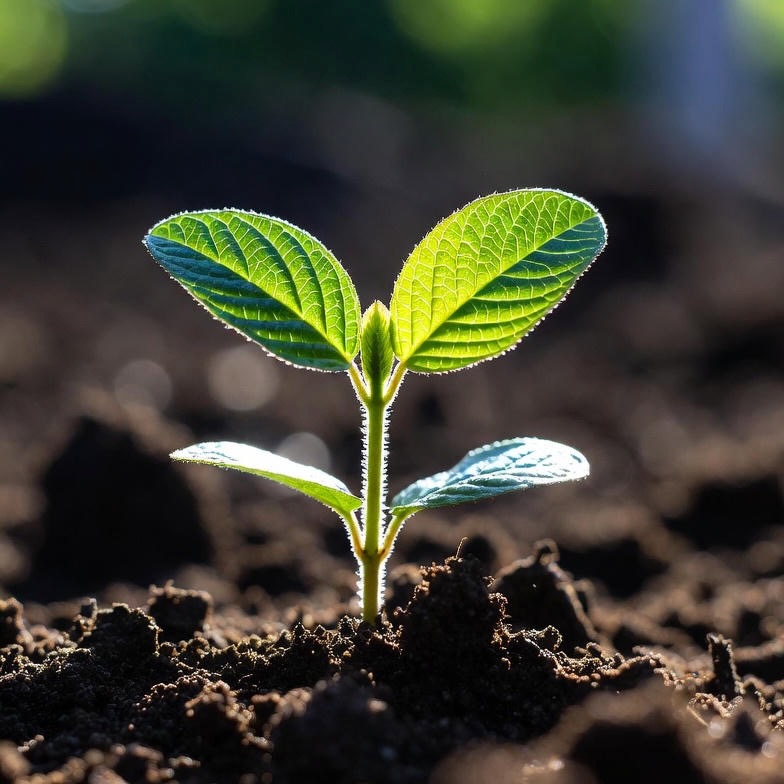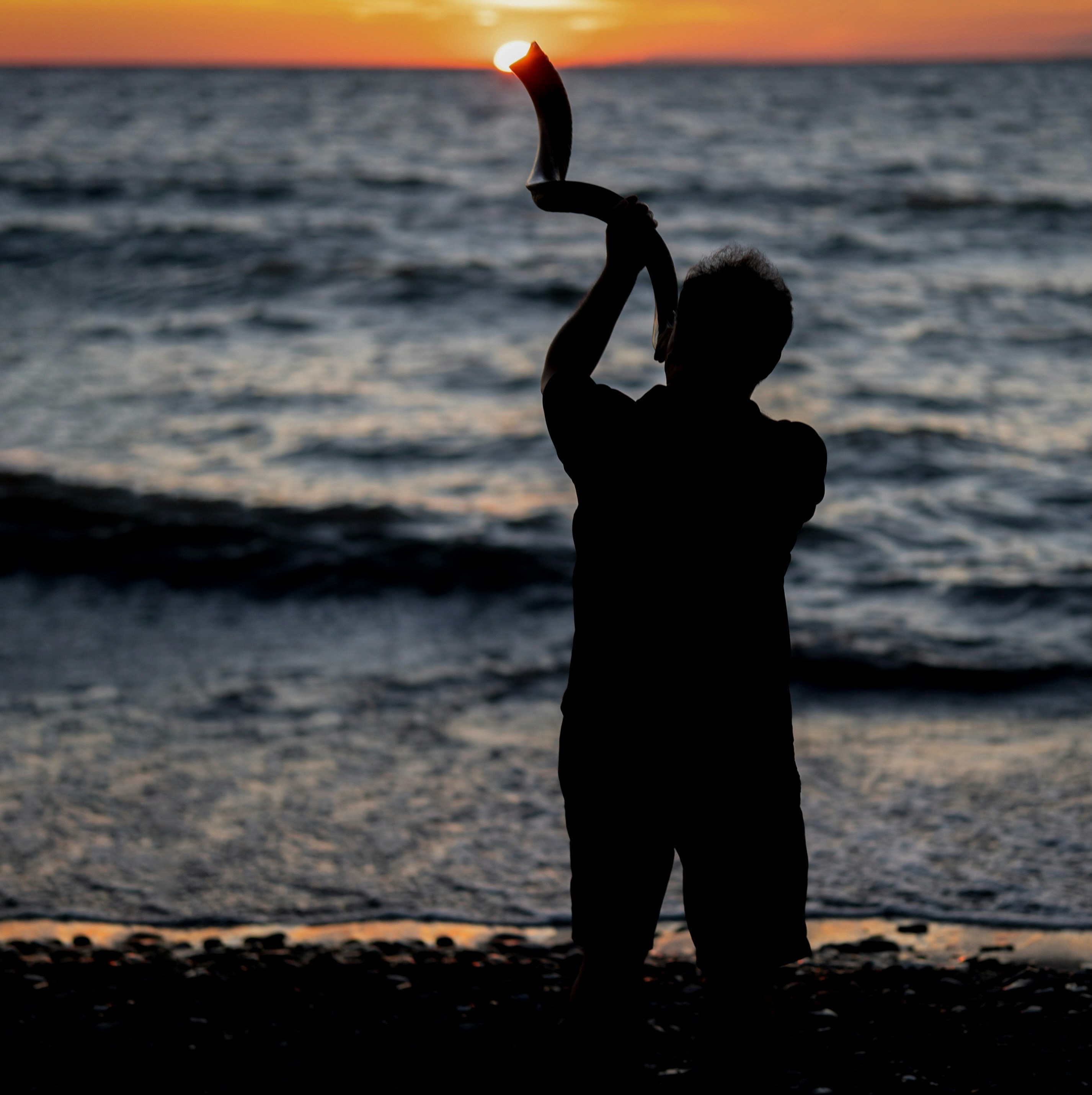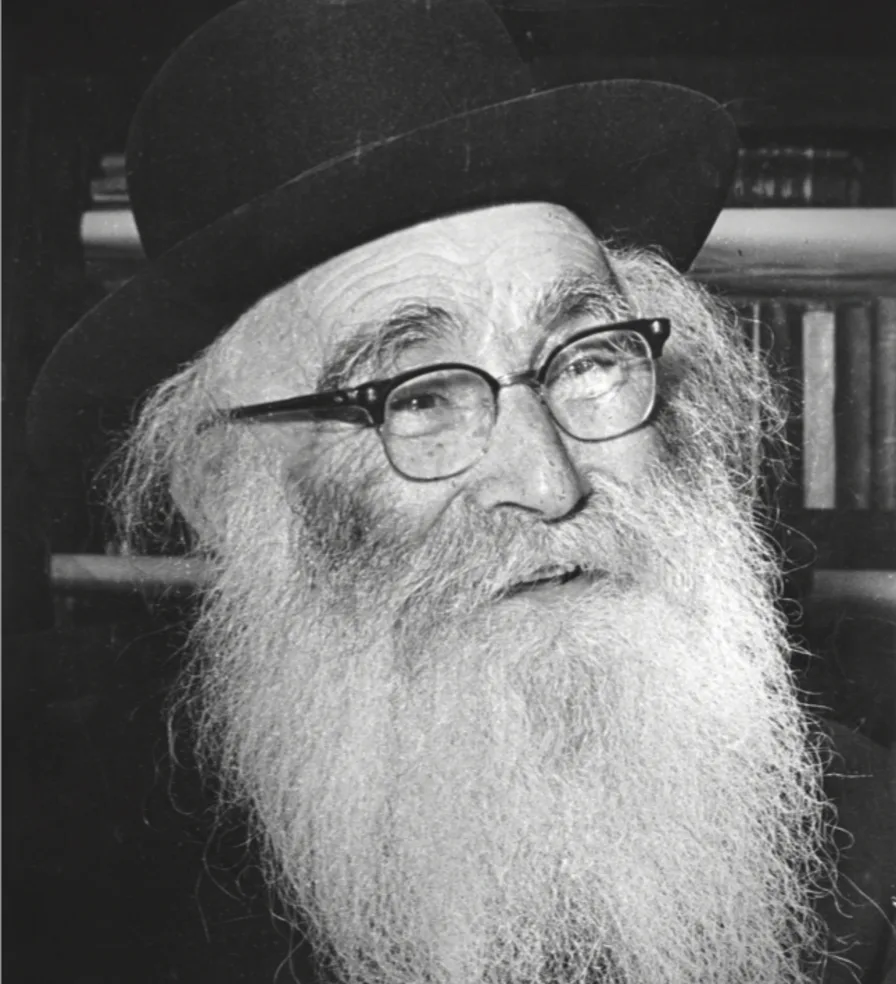October 31, 2023|ט"ז חשון ה' אלפים תשפ"ד Breishis 5784 - Be a Beis
Print ArticleWhen it comes time to create man, the Torah uses a unique language:
בראשית פרשת בראשית פרק א
(כו) וַיֹּאמֶר אֱלֹהִים נַעֲשֶׂה אָדָם בְּצַלְמֵנוּ כִּדְמוּתֵנוּ וְיִרְדּוּ בִדְגַת הַיָּם וּבְעוֹף הַשָּׁמַיִם וּבַבְּהֵמָה וּבְכָל הָאָרֶץ וּבְכָל הָרֶמֶשׂ הָרֹמֵשׂ עַל הָאָרֶץ:
And the L-rd said, let us make man in our image…
LET US!? What a strange statement for G-d to make, when we know, of course, that He made man all on His own!?
Rashi explains as follows:
אף על פי שלא סייעוהו ביצירתו ויש מקום למינים לרדות, לא נמנע הכתוב מללמד דרך ארץ ומדת ענוה שיהא הגדול נמלך ונוטל רשות מן הקטן.
Even though this would open up the door for those who want to claim there is no one Gd, Hashem didn’t care. He wanted to teach the mida of of humility.
But is that a worthwhile risk? Couldn’t we learn the moral lesson somewhere else?
Alter from Kelm (in Chochma U’Mussar) offers an answer. The Mishna in Pirkei Avos lists 48 Kinyanei Torah, 48 ways through which one can be successful in Torah learning, and one of them is “Nosei B’Ol Im Chaveiro”, to help other people carry their hardships.
And he asks: This is a beautiful mida, but it has nothing to do with learning!? And he answers that the Torah is absolute truth, and one must have a healthy relationship with TRUTH to connect with Torah. Someone who is too caught up in themselves, has a hard time seeing objective truth. He translates all the events of the world through his own lens, his own needs. But when someone becomes nosei b’ol im chaveiro, then you are willing to see other perspectives, to hear others, to see their needs, have an ability to step back and see the world through a much clearer lens.
The Ponovezher Rav was building a yeshiva and an orphanage after the holocaust. And he had very little money for either. His son asked him, Abba, just build the yeshiva, you’ll have a foundation of Torah, and then you’ll be able to do other things!
He responded: Torah is techilaso gemilas chassadim and sofo gemilus chassadim. The Torah begins with chesed and ends with chesed. If you’re engaged in helping others, appreciating their suffering, then everything else can flow. If not, then we have no foundation at all!
When Hashem created man, He knew that if he would be someone who was totally enveloped and consumed ONLY in himself, then he wouldn’t be successful. If he is a person who feels the need to consult with others, feel connected to others, then life will be worth creating and living.
And so, when He created man, Hashem chose a language of paying attention to the needs of others, consulting with others, REFUSING to live life only for myself. Even if that meant that the FOUNDATION OF JUDAISM, THE BELIEF IN ONE GD was open to questions! Because for HKBH, way worse the people not believing in Gd, would be if people wouldn’t believe in each other!
There is a midrash that states: Hashem didn’t begin the Torah with Aleph, but rather with Beis. Why? Because Beis is the language of bracha, of blessing, but not aleph because aleph stands for Arira, a curse.
And the Torah Temima asks: There are a million words that begin with an Aleph which are beautiful and a million not nice words with a Beis!? So what is this medrash really coming to teach us? He gives an answer.
But I heard another answer from Rabbi Jacob J. Schachter: To be an Aleph, to be alone and isolated is lashon arira, it’s a curse. But to be a Beis, to be able to be with someone else, not to feel alone and lonely, that is the definition of Bracha. When we feel connected that is a Bracha
It’s one of the very first things HKBH says ABOUT HUMANKIND: LO TOV HEYOS ADAM L’VADO. It’s not good for man to be alone.
This week, we saw the absolute worst of what human beings can be, but we have also seen the absolute greatest of humanity. We are seeing the Jewish People come to realize, that if we want to be successful as a people, we need to focus more on becoming a Beis.
- We have people saying, I’ll kasher my restaurant, so a chayal who keeps kosher can eat my food!
- We have people who have different religious and political views, singing and dancing together, singing Am Yisrael Chai.
Eitan Martin told me about the place where the troops were housed, on a kibbutz which is NOT DATI:
- They brought home-cooked food for the meals, but also brought sealed items that were kosher, and made sure to label them for everyone.
- They gave everyone could take turns taking showers at their homes.
- When it came time to do laundry, it was almost Shabbos, so they asked them, if you don’t want it done on Shabbos, please let us know, and we’ll make a sign and only do it after Shabbos.
Somehow, we have begun to see some of those lines drawn between us, melting away just a little.
And like I said on Thursday night at Votee Park, while I have been sadder this week than maybe any other time in my life, I have NEVER in MY LIFE felt prouder to be a Jew.
I’m not naïve. I understand that these waves can come and then it’s hard work to keep it going. But I am feeling more optimistic than ever that after this is all over, we will find a way to continue becoming less about ALEPH, LESS ABOUT NUMBER 1, and more about being a BEIS.
We are starting to realize that the values of derech eretz, being slow to judge others, and respecting each other even when we disagree are NOT icing on the cake. They are the fundamentals of who we are as a people.
As we move through this crisis, we must remember: lo tov heyos adam l’vado. You can create so much good for others, just by BEING THERE, just by BEING a BEIS. By being someone who will never leave someone else alone. And may Hashem see our commitment to being there for each other, and commit to being there for us too.
